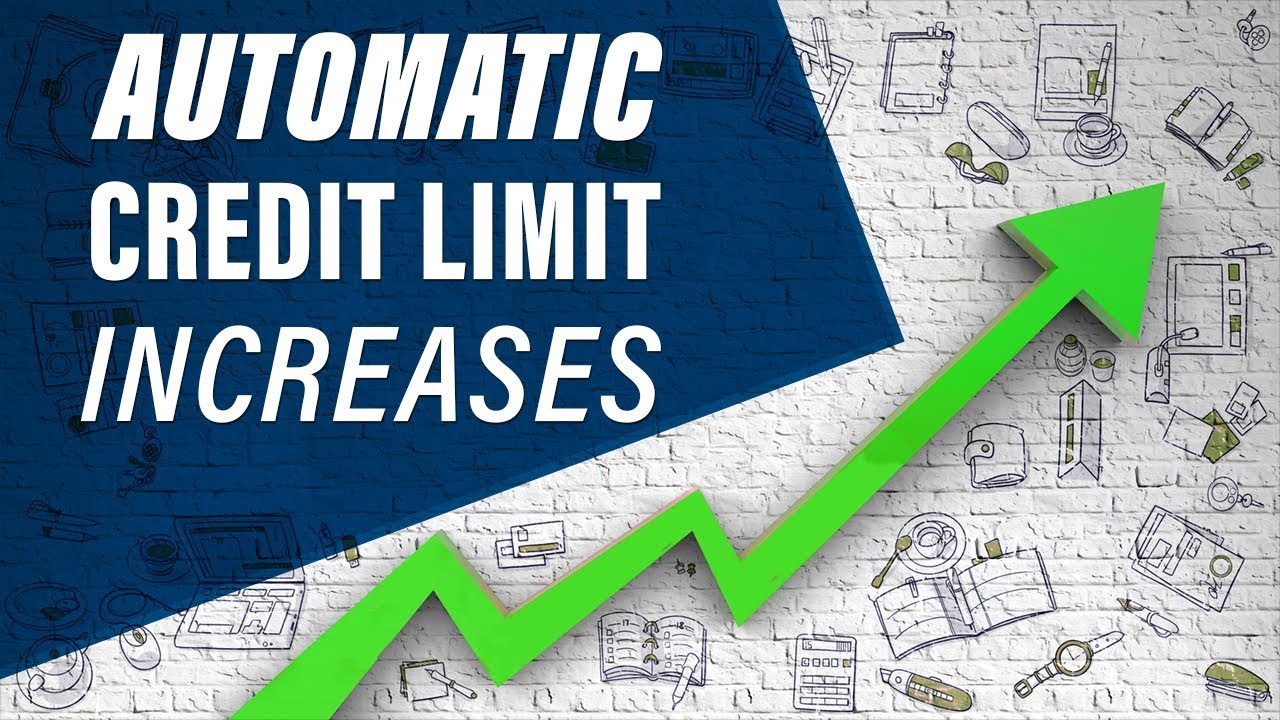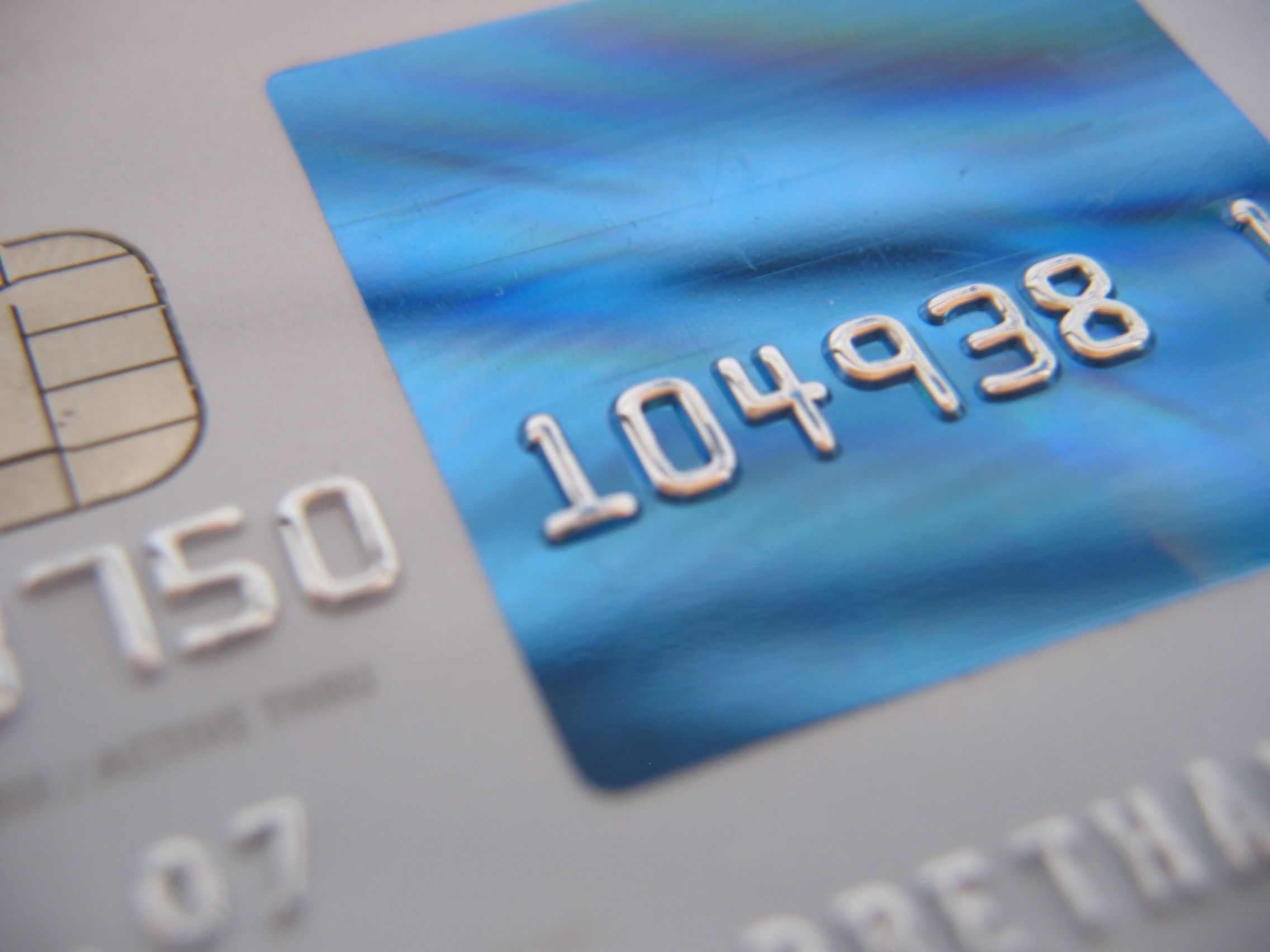Bad credit ruins your credit history and will affect your financial future. Before any financial institution extends to you a credit product such as an auto loan, student loan, mortgage, or credit card, they first look at your credit history. Therefore, you want to pay your debts on time and maintain a good credit history.
Budgeting is one of the tools that will help improve your credit score. When you have a record of how much you earn, spend, and save, you are in a better position to monitor your spending and keep your finances in control to meet your financial goals. A lack of a budget is a recipe for financial problems and debts.
Check out this guide to learn how to budget to improve your credit.

What Is Budgeting?
A budget is a tool that you can apply to track your income and expenses. If you want to save and achieve set financial goals, then you have to keep a budget.
A budget puts you in control of your finances by helping you set financial goals and managing finances to meet these goals while avoiding debts along the way. Putting a budget in place is one thing and observing it is another thing.
How Budgeting Improves Credit
A budget helps you know what you can and can’t afford. It helps you not spend beyond your means, which is a sure way of landing into financial pitfalls. Therefore, one of the benefits of budgeting is to help you stay financially disciplined. Budgeting helps you improve your credit in various ways.
Reduces Frivolous Spending
Spending more than you can afford is a sure recipe to accumulate debt and fall into bad credit. One of the first things to do is to subtract your recurring expenses from your monthly earnings. The number you get should be a positive value.
If the value you get is less than zero, then you are spending beyond your means. Therefore, you need to set spending limits which will prevent overspending and have money left over each month that you can allocate to paying off debt, saving or investing.
Outlining Your Bill Due Dates
A proper budget outlines the exact dates when all your bills are due. These bills include rent or mortgage, car payment, credit cards, utilities, insurance, cable, etc. Note that making-on time bill payments improves credit history.
Also, itemized bill payment schedules or reminders can help you prevent missed or late payments which is one of the best saving tips.
Paying Down Your Debts
Once you have accounted for all your monthly expenses, allocate some of your discretionary income or money left over towards any unpaid debt you may have like student loans or credit card balances.
You can also incorporate your debt payoff plan into your budget to improve your credit history. It allows you put away money towards debt repayment which if unpaid will impact your credit score.

Increase Your Savings
Allocating a part of your discretionary income into saving can help you improve credit. Having money put away for a ‘rainy day’, an emergency fund, or a down payment on a home or car makes you less likely to get rejected for a loan for such a purchase.
In case you don’t have a savings account, consider setting up one which is a good step towards financial well-being. Some banks require a minimum of $25 to open a savings account while others don’t ask any minimum requirement. The takeaway is save money, however small, from every paycheck.
Final Thoughts
Budgeting is one sure way to improve your credit. Before you even think of acquiring your first credit card, ensure you have a budgeting plan set aside and can adhere to it. It helps you know how to spend responsibly and save a portion of your monthly paycheck to pay debt or put towards realizing your financial goals.
